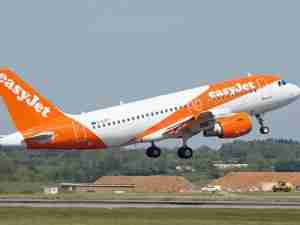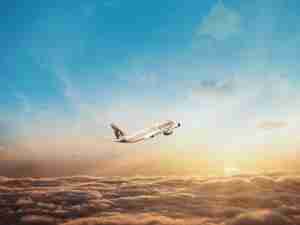Chairman Karl Ulrich Garnadt pointed out that investment in new products and a strong focus on quality had also contributed to company success. 'We raised our quality level markedly again during the year and attained top marks anew in all areas. We will stay on that path and further expand our quality lead.' That is evidenced for example by our investment in the Lufthansa Cargo Cool Center for temperature-controlled shipments at Frankfurt Airport, he said.
With the 'Lufthansa Cargo 2020' programme launched last year, the company has clearly defined its long-term strategy, explained the Chairman. With orders for new Boeing 777 freighters, the upgrading of the IT platform, plans for a new logistics center in Frankfurt to replace the existing 30 year-old facility as well as other long-term projects, the key markers are in place to ensure that the company remains industry leader also in 2020.
At the same time, Lufthansa Cargo CEO Karl Ulrich Garnadt was emphatic about huge challenges confronting the airfreight industry in the coming years. The EU's unilateral stance on emissions trading is notably hitting European airlines and distorting competition. The continuing lack of uniformity in global security standards in the air cargo business as well as the slow certification of known consignors in Germany are threatening to inhibit growth.
With all that, the principal challenge facing Lufthansa Cargo is still the possibility of a permanent ban on night flights at Frankfurt Airport. 'There is a real danger of Frankfurt losing its position as the best and most attractive airfreight hub in Europe,' emphasised Garnadt. A blanket night-flight ban of six hours, daily, would severely disadvantage the competitive standing of companies operating at the Frankfurt base. Round-the-clock handling of express cargo is imperative for those companies. A permanent night-flight ban would deprive Lufthansa Cargo alone of major express connections and cost the company a yearly 40 million euros. 'Germany and the Rhine-Main region around the airport live from exports and international trade,' Garnadt remarked. 'Severing the world's seventh biggest air cargo airport and major express hub for a quarter of a day from international goods flows would have a drastic impact on producing companies and the entire logistics industry. The victims are companies based in Frankfurt and thousands of employees.'
Moreover, Peter Gerber, Lufthansa Cargo Board Member Finance and Human Resources, pointed out that only financially healthy operators are in a position to invest in new technologies, such as quieter aircraft. 'The prerequisite for that are commensurate operating conditions, allowing companies to plan long-term on a reliable basis.' Lufthansa Cargo has done its homework and is not resting on the laurels of past success. The SCORE earnings improvement programme, now underway across the entire Lufthansa Group, is also an essential lever underpinning Lufthansa Cargo's efforts to improve the company's cost base. 'Our aim is to raise earnings by a minimum of 70 million euros yearly from 2015, Gerber announced. That will furnish the foundati










